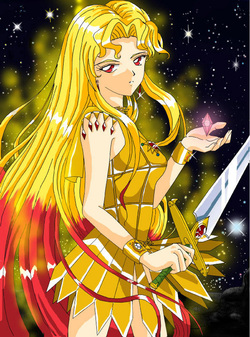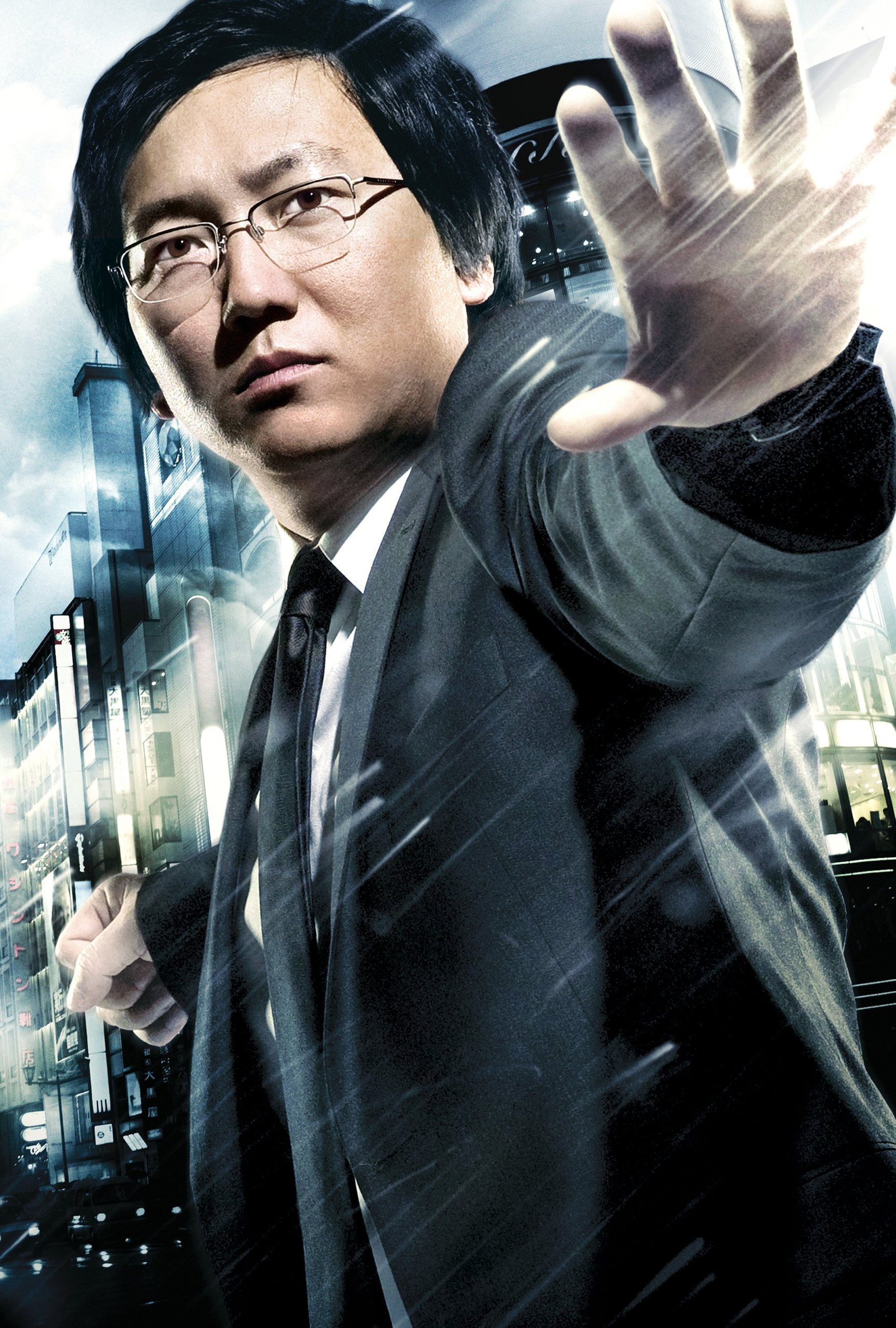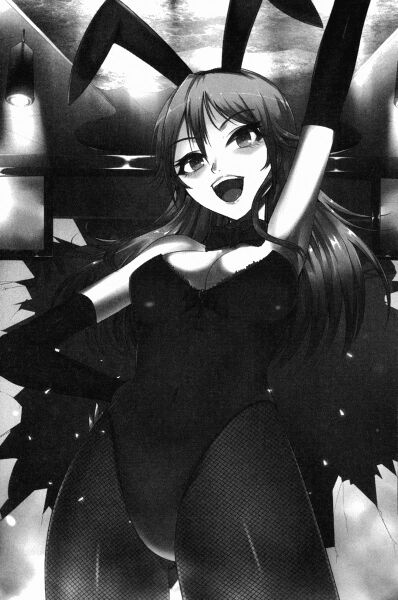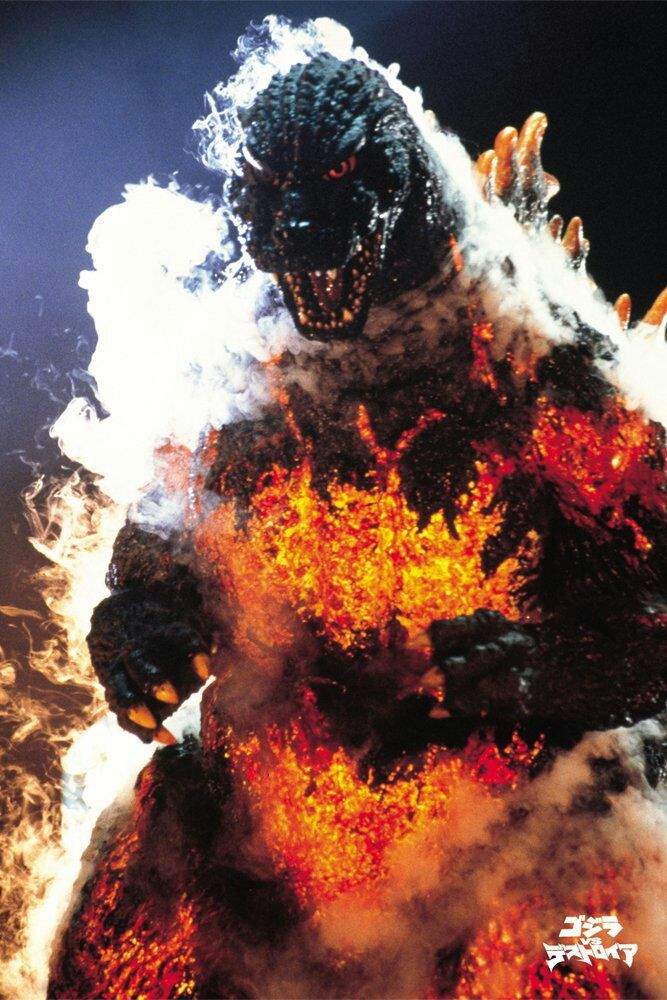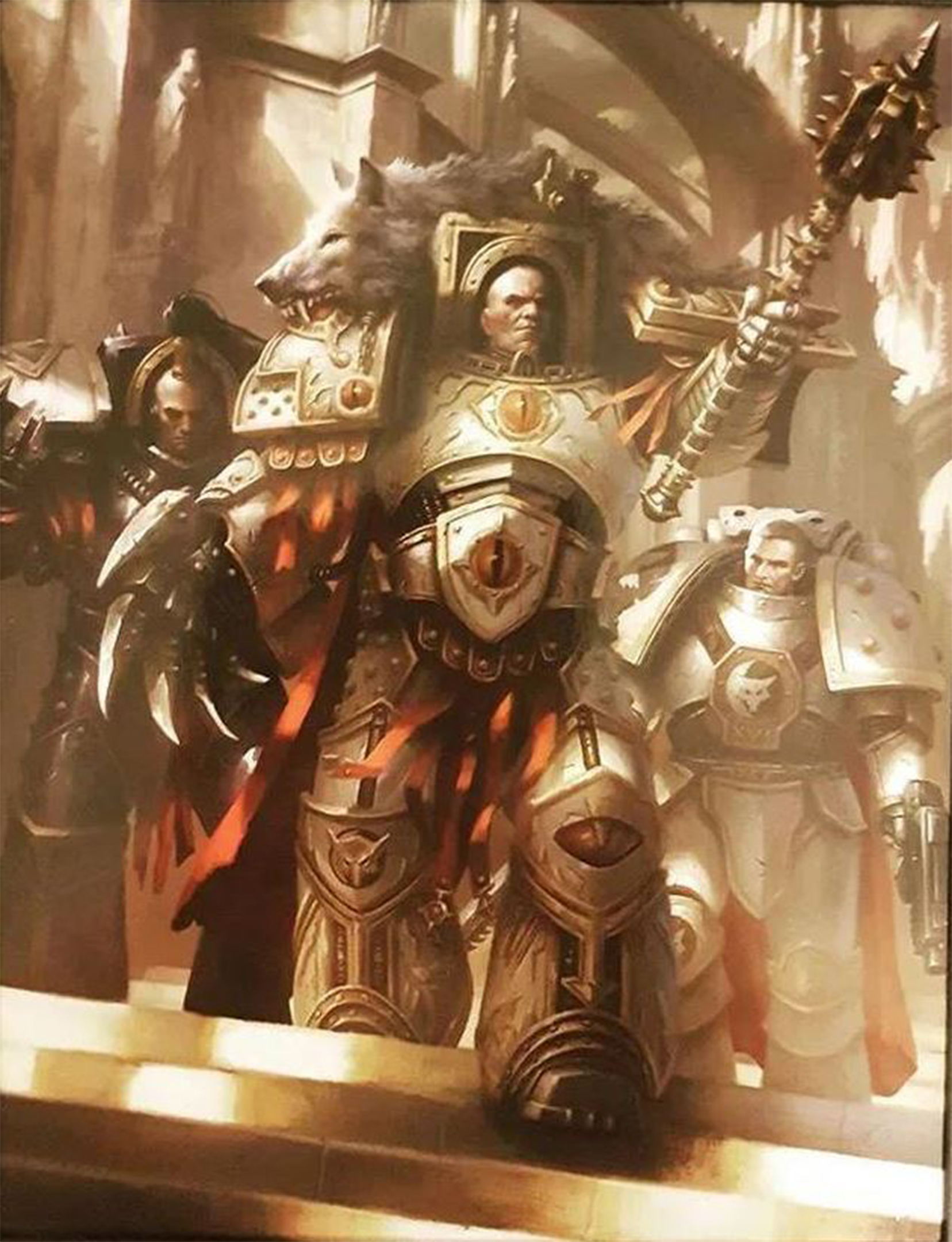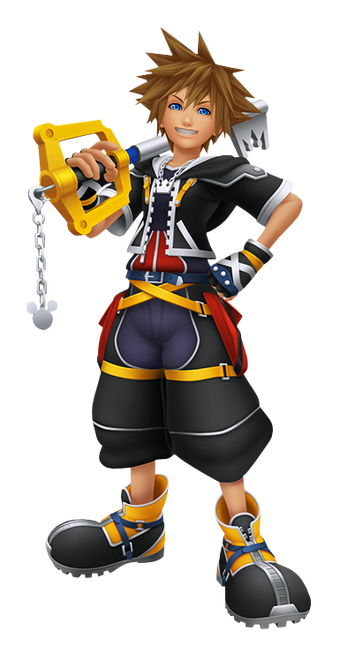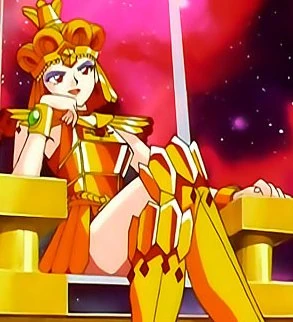
Sailor Galaxia from Sailor Moon, specifically from the Sailor Moom Manga, is my favorite villain in fiction, and one of my favorite characters in general. In this blog I wanted to explore why. Obviously, there will be spoilers for the Sailor Moon Manga.
When I'm considering how much I like a villain, I find that there are three general overarching reasons why I would like a villain which I call:
1: Threatening. This is a description of how much menace the villain possesses, how much it forces the other characters to respond. In a fighting series this will partially be decided by how powerful the character is but oftentimes it has no bearing on power. A character can be very threatening by being very smart, by having a lot of resources, by having a lot of social influence etc. A villain that is very threatening can have a massive presence on the series and can force the protagonists to rise to their very best. A villain that is very unthreatening is easily overcome by the protagonists and has very little menace.
2: Entertaining. This is a description of how fun it is just to watch the character act, how well the character can hold a scene by himself or herself. This is a general measure of how strong the character's personality is. A very entertaining villain can be as fun to watch or more so then their protagonist counterpart, can easily carry scenes alone, are always memorable and make any scene they are in. A very unentertaining villain is relatively boring or flat and requires other people around them to be entertaining.
3: Compelling. This is a description most of the time for how human and understandable the character's personality and motivation is. It's a measure of how real the character feels and how well you can understand them. For most villains this is simply a measure of how human they feel. The exception is in things like hard science fiction where the villain is an alien in which case it's more a measure of how well developed and believable the biology and psychology the alien species possesses. Compelling is overall a measure of how real the character feels. A very compelling villain is a villain that you truly understand with a personality you feel could exist and you understand. A very uncompelling villain is a villain without any kind of human motivation like a bug eyed alien or a caricature criminal who steals and murders because they're evil and those are evil acts.
Not all villains need all 3 categories, but all villains need to be good in at least one category. Generally speaking, a villain who has none of the three categories is bad, a villain who has one of the three is fine, a villain that has two of the three is good, and a villain that has all 3 is a great villain. At least that's how I generally feel about villains. There are villains who do exceed Galaxia in each of the three categories, but Galaxia has by far the highest average of the three to me. To go over them
Threatening:
This one should not be very surprising to anyone who is familiar with Sailor Moon. While each final arc villain of Sailor Moon has some hyping, Galaxia is far and away the most hyping of any Sailor Moon villain with numerous characters warning Usagi of how immense and unparalleled a threat Galaxia has. Galaxia is exceedingly powerful within the world of Sailor Moon to the point that Usagi says that Galaxia in her civilian form has a power in a league beyond any prior enemy. Galaxia possesses the ability to kill anyone in the verse by pointing at them just to compound the fact that Galaxia is ridiculously strong.
But threat is a lot more then raw power, and Galaxia is not just a raw musclehead, though she is again established as being ridiciulously powerful. Galaxia has according to Kakyuu killed star system after star system with their own Sailor Senshi, which is a way of suggesting to the audience that star systems just like the ones we have been following could not stop this threat so how can ours do so?
Part of the threatening part of Galaxia is neither the protagonists nor the presumptive audience know what she is going to do, as both are informed by the prior arcs of Sailor Moon that Sailor Galaxia does not follow. The past 4 arcs followed a pattern where the villain group would send down their minibosses one at a time to face the Senshi and gather information before the Senshi faced the false big bad (Beryl, Demande, Mistress 9, Zirconia) with the first meeting between them being the middle or late into the arc and a dramatic moment. In contrast during the first act of the fifth arc, when Usagi and Mamoru are having a romantic moment at the airport, suddenly Galaxia teleports in, takes Mamoru's Star Seed and teleport out with no dialogue in a few pages before Usagi can react. The shock of seeing Mamoru suddenly killed in front of her out of nowhere is enough to give Usagi PTSD for the beginning of the fifth arc.
Later after Sailor Mercury and Sailor Jupiter have had their star seeds stolen by Galaxia's minions, Usagi thinks she was able to save Sailor Mars and Sailor Venus from the same fate only for Galaxia to again just teleport behind them, take their star seeds and teleport before Usagi could react. At the midpoint of the fifth arc, Galaxia goes to Usagi while she is walking in the park, the two in civilian form and attacks her before she realizes who it is, planning to surprise blow up the planet. Later when Usagi is in bed recovering Galaxia attacks in her dreams, threatening to suck her inside Galaxy Cauldron in her mind. It's not just that Galaxia is a massive threat, it's that she is a massive constantly active and proactive threat, torturing and ambushing Usagi from multiple angles. Part of this comes from her motivation, which as revealed late into the arc, is to torture Usagi to force her to release the full power of the Silver Crystal which will then destroy both Chaos and Usagi so Galaxia can have both the Silver and Saphir crystals, gaining full dominion over the universe.
Galaxia just has this massive and overwhelming presence over the final arc of Sailor Moon, due to people constantly talking her up and the way she acts as a constant threat to Sailor Moon in a variety of ever changing methods. Moreover symbolically Galaxia represents the power itself. The thematic contrast between Usagi and Galaxia in the final arc is that Usagi represents the world of localities we live in, the world of nearby transient things while Galaxia represents the absolute, the eternal, the extending into infinity. Her destruction of star system after star system is thus a representation of the vast uncaring infinity consuming localities without end. Usagi's fight against her is the fight for meaning and purpose, the local and human to contend with the absolute forces that transcend all else.
Entertaining:
This one also probably wouldn't be very controversial to someone who had read Sailor Moon. While not quite as bombastic as her 90s anime counterpart, Galaxia is still a character full of flair with her arrogant proclamations of her own greatness, and her massive shows of power like destroying a planet with one finger because someone on it mildly annoyed her.
Part of what makes Galaxia entertaining is how her assault on Usagi is constantly evolving and unpredictable. Your first time reading SM, you wouldn't expect her to kill Mamoru, the male lead and Usagi's love interest in the first act of Stars, nor just suddenly pop in and kill Rei and Minako after Usagi though she saved them, or to approach Usagi in her civilian form to attack her. She is the most proactive villain in the franchise history.
Howeer beyond that, Galaxia has a unique mix of elegance and bombast, her manga self being more biased towards elegance and her anime self towards bombast. She has an air of superiority with all her actions, the way she stands and speaks. Despite the fact that she's making all these grandiose statements like "the time has come to forge a new galaxy, a new history" the narrative treats it with such gravitas and dignity that it feels like everytime she runs her mouth on how big and great something is, it's a really important event.
Galaxia can really hold a scene by herself or when talking to her minions. This is partly due to her immense presence, the fact that everything she decides has an immediate and large effect on the narrative, but also due to the fact that she makes it sound like an even more immense event then that. Like Galaxia could probably make eating breakfast sound like the entire universe is pivoting on the food she is consuming. She's a real larger then life figure.
Also on a seperate note, she's got really good imagery. She's got this royal gold aesthetic that perfectly fits her given her constantly treating of everyone else as dirt, as nothing in comparison to her. It's also a sort of visual clash with Usagi given the Silver Moon aesthetic of Usagi.
Compelling:
So this is where people might actually get confused. "Galaxia....the unstoppable force of destruction, the larger then life queen of the galaxy going on about being chosen by God, how could you possibly find her relatable or realistic in any way?" However in a different sense, Galaxia is one of the most compelling villains I've ever seen. And I know that Galaxia's inner struggle is not unique or anything, there are other villains that have this, but I found Galaxia's to resonate with me on a very strong level.
Galaxia's character and her motivation are revealed slowly throughout the last arc of Sailor Moon. We learn that she grew up on a hellish planet she calls "Trash" and when she awoke as the legendary soldier of destruction, she figured that such a world couldn't possibly be deserving of her and started searching the universe for something of meaning. She rejected world after world, destroying them in the process until Wiseman manipulated her to go to Galaxy Cauldron whereupon she "realized" the universe was fundamentally transient (as opposed to eternal) and imperfect due to Chaos, the primordial evil. Her actions across the fifth arc are an attempt to torture Usagi so she'll release the full power of the Silver Crystal and destroy Chaos, allowing Galaxia to create something worthy of her.
Being a bit personal, I've always felt a bit empty attempting to observe things just as they are, as opposed to trying to find something deeper about them. Ever since I was a kid, I was very interested in the idea of higher forms of being, whether that being in physics the idea of fundamental laws that describe everything, in religion the idea of souls or higher versions of ourselves, or in philosophy with the idea of abstract concepts. I was always incredibly interested in the idea that there is a higher form of being. Regardless of the arguments for or against it being true, I found materialism and relativism to be unsatisifactory. In fiction, I quickly became enamored with the idea of personified versions of that; ghosts (disembodied souls) or anthromorphic concepts like Mother Nature.
On the flip side I found myself left cold and without much strong emotion towards I would say the majority of fiction. You'll find that if you show me most forms of art, I am left fairly neutral because part of my brain is always saying "this isn't real...this is fiction." I only get emotional in fiction when it's attempting to relay a personal message that I found to be true in reality. I was, in my own sense, searching for meaning. And there was something wrong to it.
Maybe I wasn't genociding worlds because of something in them, but in a sense everytime I was rejecting world after world because they felt empty, because they gave me no satisification, was I not acting in the spirit of the soldier of destruction? Galaxia is the symbol of the feeling of emptiness towards the particular. Galaxia is the willing to destroy all the instances of a thing in search of an ideal that it can never possibly be. That is why she is the absolute that destroys all worlds, because all worlds will eventually show some failing and not live up to the otherworldly ideal.
Usagi is the opposite of Galaxia thematically, a complete everygirl who lives in the world of temporary existences, of the instance, of the mundane. There's a moment in their battle where, and this doesn't actually help her strategically at all, that Galaxia insists Usagi acknowledge that her talk of love and friendship are just a facade, that she acknowledge that it's all temporary illusions, using as proof the fact that she killed all Usagi's loved ones and brought them back to fight Usagi. When Usagi rebuffs her, saying that it's because of her loved ones that she is as strong as she is, Galaxia comments angrily to herself "Why is Sailor Moon Chosen?" and maybe it's just me but I hear a tinge of resentment there. Resentment that someone who has lived life depending on others, who is so attached to this temporary world that Galaxia sees as nothing more then fleeting illusions is somehow as powerful as Galaxia herself who has strove and search long and hard.
When Sailor Cosmos reveals the fate of this final battle, that Chaos would survive and return too strong to ever be stopped, destroying everything Usagi cared about permenantly and consigning them to eternal war, she pleads with Usagi to destroy the cauldron now, to let it all end peacefully in cosmic suicide. Usagi however refuses, saying that she would light and darkness, war and peace, that is what makes up this universe she loves and she would fight forever for it. Upon seeing this Galaxia realizes that Usagi truly believes what she is saying, who would continue to love the world no matter how imperfect or wrong it seems, that she is "the soldier that embraces all". Seeing such causes Galaxia's bracelets, symbolizing her loyalty to destruction to break and she reaches for Usagi as she disappears, unable to reach her claiming she finally found something worth protecting, something eternal,
It's still hard for me to recognize the value of the instance, of the particular, of the non-ideal but actually substantiated form of something intuitively, but Sailor Moon has helped me to see it with Galaxia's character arc, to see that it is through the individual, through the imperfect that we come to find the eternal and the perfect. That we come to know them. These bodies of ours and this material world we live in shall end, as will all things in existence, but the love of them that we found, shall continue on eternally.
Galaxia just has this massive and overwhelming presence over the final arc of Sailor Moon, due to people constantly talking her up and the way she acts as a constant threat to Sailor Moon in a variety of ever changing methods. Moreover symbolically Galaxia represents the power itself. The thematic contrast between Usagi and Galaxia in the final arc is that Usagi represents the world of localities we live in, the world of nearby transient things while Galaxia represents the absolute, the eternal, the extending into infinity. Her destruction of star system after star system is thus a representation of the vast uncaring infinity consuming localities without end. Usagi's fight against her is the fight for meaning and purpose, the local and human to contend with the absolute forces that transcend all else.
Entertaining:
This one also probably wouldn't be very controversial to someone who had read Sailor Moon. While not quite as bombastic as her 90s anime counterpart, Galaxia is still a character full of flair with her arrogant proclamations of her own greatness, and her massive shows of power like destroying a planet with one finger because someone on it mildly annoyed her.
Part of what makes Galaxia entertaining is how her assault on Usagi is constantly evolving and unpredictable. Your first time reading SM, you wouldn't expect her to kill Mamoru, the male lead and Usagi's love interest in the first act of Stars, nor just suddenly pop in and kill Rei and Minako after Usagi though she saved them, or to approach Usagi in her civilian form to attack her. She is the most proactive villain in the franchise history.
Howeer beyond that, Galaxia has a unique mix of elegance and bombast, her manga self being more biased towards elegance and her anime self towards bombast. She has an air of superiority with all her actions, the way she stands and speaks. Despite the fact that she's making all these grandiose statements like "the time has come to forge a new galaxy, a new history" the narrative treats it with such gravitas and dignity that it feels like everytime she runs her mouth on how big and great something is, it's a really important event.
Galaxia can really hold a scene by herself or when talking to her minions. This is partly due to her immense presence, the fact that everything she decides has an immediate and large effect on the narrative, but also due to the fact that she makes it sound like an even more immense event then that. Like Galaxia could probably make eating breakfast sound like the entire universe is pivoting on the food she is consuming. She's a real larger then life figure.
Also on a seperate note, she's got really good imagery. She's got this royal gold aesthetic that perfectly fits her given her constantly treating of everyone else as dirt, as nothing in comparison to her. It's also a sort of visual clash with Usagi given the Silver Moon aesthetic of Usagi.
Compelling:
So this is where people might actually get confused. "Galaxia....the unstoppable force of destruction, the larger then life queen of the galaxy going on about being chosen by God, how could you possibly find her relatable or realistic in any way?" However in a different sense, Galaxia is one of the most compelling villains I've ever seen. And I know that Galaxia's inner struggle is not unique or anything, there are other villains that have this, but I found Galaxia's to resonate with me on a very strong level.
Galaxia's character and her motivation are revealed slowly throughout the last arc of Sailor Moon. We learn that she grew up on a hellish planet she calls "Trash" and when she awoke as the legendary soldier of destruction, she figured that such a world couldn't possibly be deserving of her and started searching the universe for something of meaning. She rejected world after world, destroying them in the process until Wiseman manipulated her to go to Galaxy Cauldron whereupon she "realized" the universe was fundamentally transient (as opposed to eternal) and imperfect due to Chaos, the primordial evil. Her actions across the fifth arc are an attempt to torture Usagi so she'll release the full power of the Silver Crystal and destroy Chaos, allowing Galaxia to create something worthy of her.
Being a bit personal, I've always felt a bit empty attempting to observe things just as they are, as opposed to trying to find something deeper about them. Ever since I was a kid, I was very interested in the idea of higher forms of being, whether that being in physics the idea of fundamental laws that describe everything, in religion the idea of souls or higher versions of ourselves, or in philosophy with the idea of abstract concepts. I was always incredibly interested in the idea that there is a higher form of being. Regardless of the arguments for or against it being true, I found materialism and relativism to be unsatisifactory. In fiction, I quickly became enamored with the idea of personified versions of that; ghosts (disembodied souls) or anthromorphic concepts like Mother Nature.
On the flip side I found myself left cold and without much strong emotion towards I would say the majority of fiction. You'll find that if you show me most forms of art, I am left fairly neutral because part of my brain is always saying "this isn't real...this is fiction." I only get emotional in fiction when it's attempting to relay a personal message that I found to be true in reality. I was, in my own sense, searching for meaning. And there was something wrong to it.
Maybe I wasn't genociding worlds because of something in them, but in a sense everytime I was rejecting world after world because they felt empty, because they gave me no satisification, was I not acting in the spirit of the soldier of destruction? Galaxia is the symbol of the feeling of emptiness towards the particular. Galaxia is the willing to destroy all the instances of a thing in search of an ideal that it can never possibly be. That is why she is the absolute that destroys all worlds, because all worlds will eventually show some failing and not live up to the otherworldly ideal.
Usagi is the opposite of Galaxia thematically, a complete everygirl who lives in the world of temporary existences, of the instance, of the mundane. There's a moment in their battle where, and this doesn't actually help her strategically at all, that Galaxia insists Usagi acknowledge that her talk of love and friendship are just a facade, that she acknowledge that it's all temporary illusions, using as proof the fact that she killed all Usagi's loved ones and brought them back to fight Usagi. When Usagi rebuffs her, saying that it's because of her loved ones that she is as strong as she is, Galaxia comments angrily to herself "Why is Sailor Moon Chosen?" and maybe it's just me but I hear a tinge of resentment there. Resentment that someone who has lived life depending on others, who is so attached to this temporary world that Galaxia sees as nothing more then fleeting illusions is somehow as powerful as Galaxia herself who has strove and search long and hard.
When Sailor Cosmos reveals the fate of this final battle, that Chaos would survive and return too strong to ever be stopped, destroying everything Usagi cared about permenantly and consigning them to eternal war, she pleads with Usagi to destroy the cauldron now, to let it all end peacefully in cosmic suicide. Usagi however refuses, saying that she would light and darkness, war and peace, that is what makes up this universe she loves and she would fight forever for it. Upon seeing this Galaxia realizes that Usagi truly believes what she is saying, who would continue to love the world no matter how imperfect or wrong it seems, that she is "the soldier that embraces all". Seeing such causes Galaxia's bracelets, symbolizing her loyalty to destruction to break and she reaches for Usagi as she disappears, unable to reach her claiming she finally found something worth protecting, something eternal,
It's still hard for me to recognize the value of the instance, of the particular, of the non-ideal but actually substantiated form of something intuitively, but Sailor Moon has helped me to see it with Galaxia's character arc, to see that it is through the individual, through the imperfect that we come to find the eternal and the perfect. That we come to know them. These bodies of ours and this material world we live in shall end, as will all things in existence, but the love of them that we found, shall continue on eternally.
